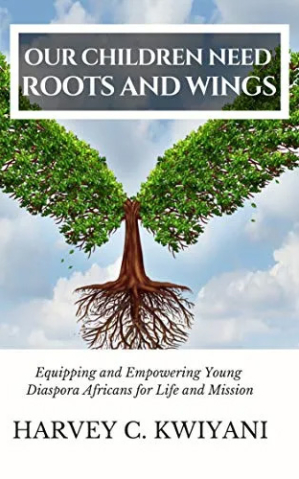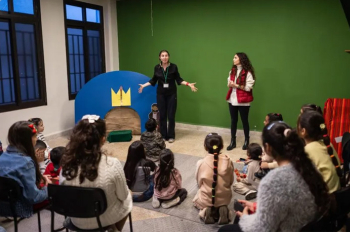
It is week 5 of 2025, and I have, within these past five weeks, found myself in four conversations about the religious lives of younger-generation Africans growing up in Europe—a section of the migrant population that is generally called the Second Generation Diaspora. These are children of migrants—many born in the diaspora, while some are born elsewhere and migrate following their parents.
Growing up in the secular and individualistic continent of Europe, most of the second-generation migrants tend to secularize just as much as their European peers. To a great extent, this is inevitable. For many of them, life is spent swimming in the sea of secular individualism, which makes them especially vulnerable to peer pressure and corporate manipulation.
A much smaller number stick with religion because it takes quite some effort to keep them interested in religion or grounded in the faith. Sadly, many have minimal religious input at home or church and they drift.
What will become of their children without Christ in their lives?
The general tone of the conversations I have had is that of grave concern. Many parents are seriously worried—what will become of their children without Christ in their lives?
Of course, their concerns make sense. Many of them believe that life is impossible without God. Their worlds cannot be without God—both secularism and atheism do not make sense. They cannot fathom that their children would become disinterested in religion.
A few years ago, I had a chance to ask professor of World Christianity, Dr Andrew Walls, a few questions about surprises he had seen in his sixty years of studying African Christianity. I asked him about his thoughts on African Christianity in the diaspora. He paused to think in a way that was characteristic of him, and noted “the fact that African Christians in the UK are worried about how to keep their children away from the secularizing effect of European culture.” He then added, “I doubt the missionaries could foresee this when they went to Africa one hundred years ago.”
Today, Africans are worried that Europeans will make their children convert from Christianity to secularism!
Of course not. One hundred years ago, Europeans were trying to convert Africans to Christianity (because they thought more of Africa would turn towards Islam). Today, Africans are worried that Europeans will make their children convert from Christianity to secularism! By this account, one hundred years is a long time indeed!

I wrestled with these issues to a greater depth in my 2018 book, Our Children Need Roots And Wings. There, I wrote,
Discipling the younger generation is not only a form of intergenerational ministry, it is also cross-cultural mission. Some would argue that every intergenerational ministry is cross-cultural in nature and that the youth are a cultural people-group of their own.
However, a new layer of complexity is added to the matrix when the said younger generation is actually growing up in a culture that is foreign to the older generation. When this happens, the older generation must engage their children like they would engage a foreign culture in mission.
Thus, second-generation African migrants in Europe are a unique mission field that, it appears to me, no one is reaching effectively. The hybridity of their identity makes reaching them extremely complex.
I also had a chance to reflect on this theme with my friend, Caleb Nyanni, who did his doctoral research on the question of spirit-talk among second-generation Ghanaians in the Church of Pentecost. You might like to watch our conversation on YouTube here: https://www.youtube.com/watch?v=tYUAZwD1mzw.
I pray you find this helpful and will be a good and faithful servant this week.
Originally published on Harvey Kwiyani's Substack. Republished with permission.





